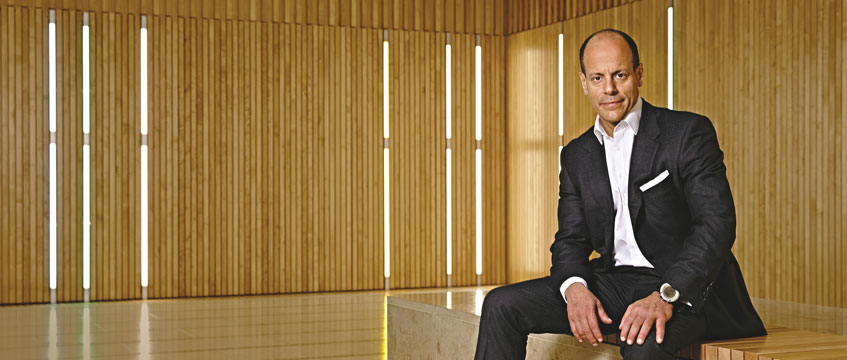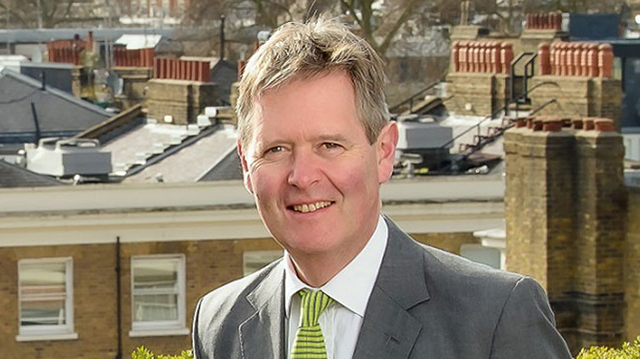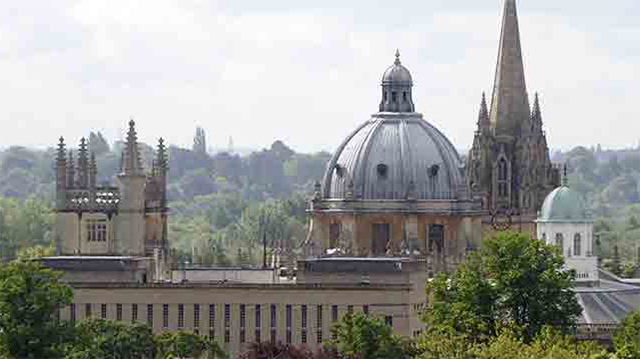Liverpool’s first five-star hotel is part of a galaxy of new and planned hotels in the city. With demand rising steadily, top hoteliers no longer need the incentive of public grants. Noella Pio Kivlehan reports
Liverpool is entering the exclusive five-star hotel market. Only two weeks ago Radisson SAS announced that it plans to open a200-bedroom, five-star hotel there.
The city has finally left behind the damning images shown in the ITV documentary Hotel. The programme, based on the 402-bedroom Adelphi hotel and broadcast in 1997, gave a perhaps unfair impression of Liverpool’s hotels as amateurish and treating guests with disdain.
“Programmes like that did not help the general image outside Liverpool, especially with the London companies who were looking to move up here,” says Jones Lang LaSalle’s Dan Davies.
But the city’s hotels seem to have overcome the negative publicity. Even before Radisson SAS’s decision, the hotel scene was boosted by two big brand-names establishing themselves in the city. In 1998, the 159-bedroom Crowne Plaza and the 146-bedroom Marriott – formerly Swallow – hotels opened for business.
Since it began trading, the Plaza – named in March by Mersey Tourism as the city’s “hotel of the year” – has achieved an average occupancy of 80%. It already plans to invest £1m to expand its lounge and leisure club.
Open the floodgates
The success of the Crowne Plaza and Marriott hotels has opened the floodgates for other hotels to come to Liverpool. Since 1998, the number of hotel beds in the city has increased by 680, bringing the total to 2,255 across 21 hotels. Other additions have included two Holiday Inns, an Ibis, a Howard Johnson and a Travelodge.
Another Marriott, a 164-bedroom, £13.5m development at the site of the old Liverpool airport at Speke, just a mile from the new airport, was launched as a direct result of its city-centre sibling’s success. It opened in May with an average room-only rack rate of £79, which will rise to £95 from August.
Cashing in on Liverpool’s musical heritage, a 128-bedroom Beatles-themed hotel called Hard Day’s Night is being planned next to the famous Cavern Club. One-third of its £10m cost will come from European funding.
Other planned schemes include a Scandinavian hotel in Chinatown. An application for planning permission has also been submitted to build a six-storey, 150-bed hotel with A3 at ground-level. It has been suggested that this will be another addition to the growing Malmaison empire.
European grants originally enticed hotel companies into Liverpool, but the city council is keen that new buildings be self-funded.
“The market can now stand on its own feet, as the opening of the Holiday Inn in the city centre – which did not receive any grants – showed,” says Chris Brown, director of tourism operations for the Mersey Partnership. His organisation is supported by the European Regional Development Fund under the Objective 1 programme for Merseyside.
Multimillion pound grants
“The achievements of the hotel industry on Merseyside can be crudely measured by the withdrawal of Objective 1 aid from the likes of Radisson,” says James Kersh of Kersh Commercial. “This is the direct result of hotels like Crowne Plaza and Marriott becoming successful after receiving multi-million-pound grants.
“The sector’s present trend in Liverpool all sounds a far cry from the disapproval met by the Marriott in 1995, when the city’s first four-star hotel in more than 20 years was approved,” adds Kersh.
Brown points out: “The difference between now and five years ago is that we get the big names, such as Radisson SAS, looking at opening in the city. Before, we weren’t even a consideration.”
It is all evidence of how rapidly Liverpool’s hotel scene is expanding. But with this amount of growth, is there a danger that the market could become overcrowded?
“Not at all,” says Kersh. “There is a lot of demand for additional hotels. Figures from the Mersey Partnership show that last year demand had reached an all-time high, with 2.6m nights spent in hotels and guesthouses. This was an increase of 500,000 since 1995.”
Demand for rooms
Mersey Partnership’s projections suggestthere is little danger of a shortage of visitors to fill new hotels. The number of nights spent by visitors has risen 45% since 1990, when it was 1.8m. Last year, it stood at 2.6m.
Demand for rooms is predicted to increase from 5,000 to 6,000 in the next three years.
The five-star Radisson SAS, which will also have a 929m2 (10,000 sq ft) Holmes Place healthclub, could be just the first in a series of luxury hotels.
The signing of the deal should help silence critics who have questioned whether Liverpool could sustain five-star premises.
Some hoteliers have said guests are already struggling to pay four-star prices. But Mike Storey, leader of Liverpool’s city council, believes having a five-star premises would be good for the image of the city.
A five-star hotel will also put Liverpool in the market to compete with the likes of Manchester.
|
Merseyside hotels – the facts |
|
Around 19m people visit Merseyside every year |
|
Merseyside – which includes Liverpool, Sefton, Wirral, St Helens and Knowsley – attracts more than 19m visitors a year, spending a total of £600m. The number of nights spent in hotels and guesthouses has increased by 45% since 1990, from 1.8m to 2.6m last year. Visitors who stay in hotels spend 4.5 times more than day visitors. Some 76% of visitors are from the UK. The remaining 24% are from overseas, mostly from Western Europe and North America. Vision 2005, the five-year tourism strategy for Merseyside set out in 2000, aimed to double annual visitor spending to £1bn, and to increase the number of people working in tourism in the region from 22,000 to 30,000. There are more museums, theatres and galleries in Liverpool than in any other city or region outside London. Venues include Liverpool Tate, the Walker Art Gallery, the Maritime Museum and the Empire theatre. Liverpool airport is the fastest growing in Europe, and has links to Amsterdam, Barcelona, Belfast, Geneva, Madrid, Malaga and Nice. |
|
Source: Mersey Partnership www.visitliverpool.com |










